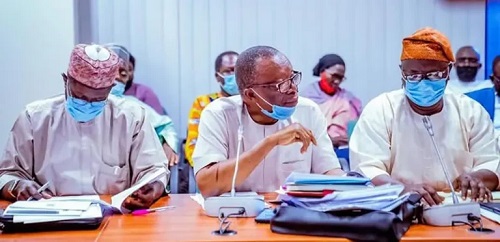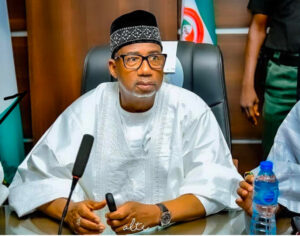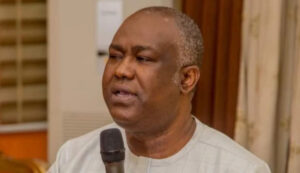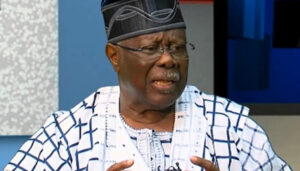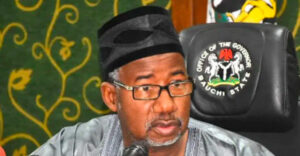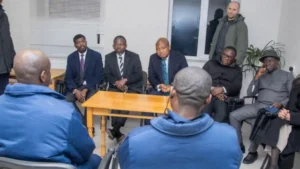In a stark warning about the state of the nation, Prof. Emmanuel Osodeke, the President of the Academic Staff Union of Universities (ASUU), has declared that Nigeria is in a “hopeless state,” worse than it was in 1984. These comments were made during the 2024 ASUU State of the Nation Conference held in Abuja. The conference, themed “Nigeria in a State of General Crisis: The Search for a New Path to Development,” aimed to address the severe challenges facing the country and discuss potential solutions.
To understand the gravity of Osodeke’s statements, it’s essential to reflect on Nigeria’s history. The year 1984 was marked by economic hardship, military rule, and widespread discontent among the populace. While many hoped that the return to democracy in the late 1990s would bring about significant improvements, Osodeke argues that the current state of affairs is even more dire. He attributes this decline to deep-rooted corruption and poor governance that have persisted for decades.
Osodeke pointed out that corruption has become a significant barrier to Nigeria’s development. He highlighted that the political landscape is dominated by a few wealthy individuals who prioritize their interests over the welfare of ordinary Nigerians. This governance system, he argued, is influenced heavily by foreign entities that exploit the country’s resources for their gain.
In his address, Osodeke warned that the foreign-controlled governance model serves only a small group of “predators” and “primitive accumulators.” This group benefits from the status quo while the majority of Nigerians suffer from inadequate infrastructure, poor health care, and limited educational opportunities.
The ASUU president emphasized the urgent need for a change in the political and governance system to return power to the people. He believes that a more inclusive approach to governance could lead to meaningful development and recovery for Nigeria. The conference aimed to brainstorm actionable solutions and strategies to address these pressing issues.
Osodeke’s call for a new path to development resonates with many Nigerians who have grown increasingly frustrated with the state of the nation. As the country grapples with high unemployment rates, rising inflation, and a lack of basic services, the demand for accountability and transparency in leadership has never been more critical.
As the discussions from the conference continue, it is clear that the road to recovery will not be easy. However, Osodeke’s remarks serve as a catalyst for dialogue among citizens, policymakers, and stakeholders. Addressing the systemic issues that have plagued Nigeria for years requires collective effort and commitment to change.
In conclusion, the ASUU president’s warning about Nigeria’s worsening situation highlights the need for urgent action. As the country navigates these challenges, the emphasis must be on rebuilding a governance system that serves all Nigerians, ensuring that their voices are heard and their needs prioritized. Only then can Nigeria hope to emerge from this state of hopelessness and work towards a brighter future.
He said: “As the nation celebrates its 64th independence anniversary and looking back, it is sad to note that the situation is worse off today when compared to 1984.
Nigeria is too rich for Nigerians to languish in excruciating poverty.”
